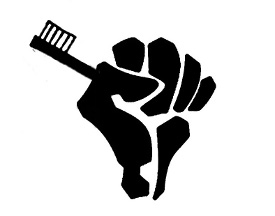Three Cups of Tea
OK, I’m not a real book reviewer, but this one might interest you in case you haven’t already read it. “Three Cups of Tea” by Greg Mortenson and David Relin.
It’s about an American mountain climber who doesn’t quite make it to the summit of K2 and wanders off and almost dies trying to find his way back and stumbles across a remote mountain village in backwoods Pakistan. He sees that the children in the town don’t have a school building (or a teacher), so he vows to build one, even though he doesn’t have any money and lives out of a car.
It was a #1 New York Times bestseller. Inspiring. It’s interesting that even though his parents were Lutheran missionairies, he doesn’ have strong religious beliefs and doesn’t seem all that idealistic. However, like many climbers who live to climb, he lives a very frugal lifestyle- simple lifestyle and because of this and his childhood in Africa, he doesn’t feel the least bit deprived in living in third world conditions and adapts easily and picks up languages and friends with equal ease.
He gets kidnapped by drug smugglers-Taliban types. Somehow his disarming manner and his goodwill see him through his adventures and he eventually gets many schools built (with the promise that they will also educate girls) in areas where the schools are either very poor, non-existent, or terrorist-training schools (madrasas).
It’s an excellent example of overcoming evil with good. Inspiring book.

